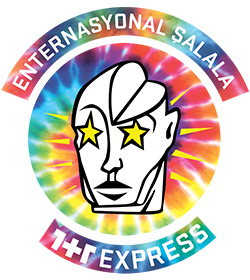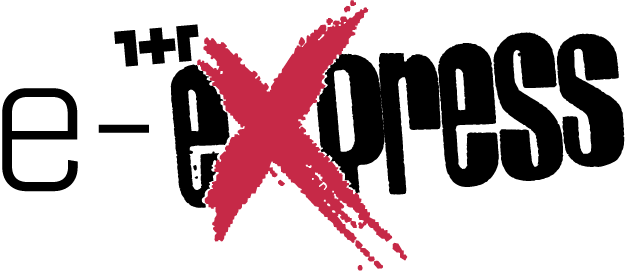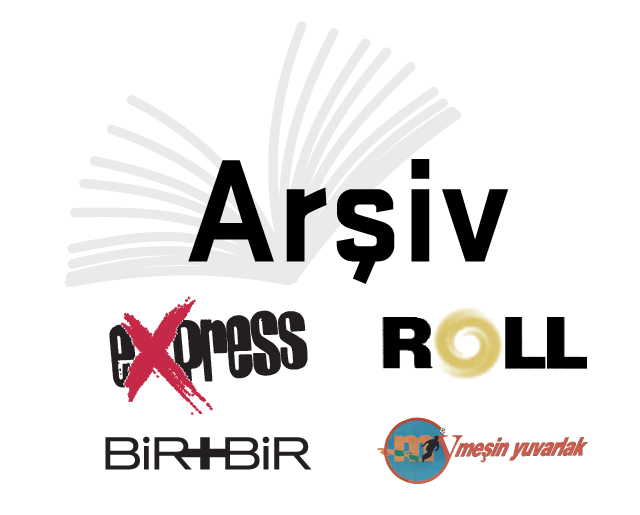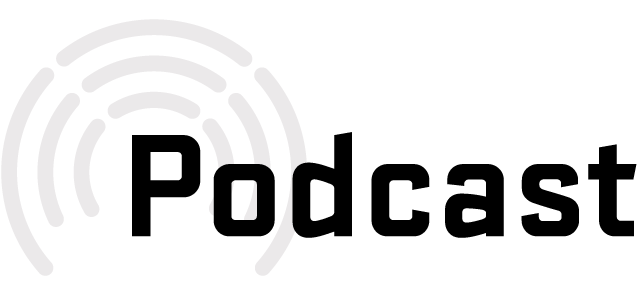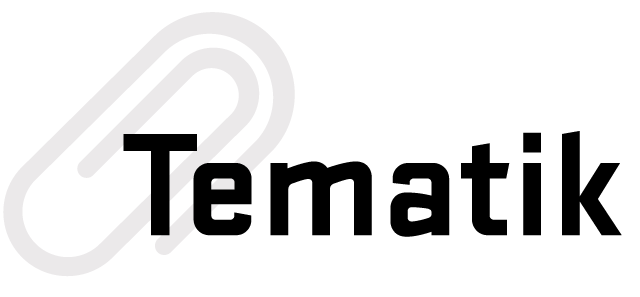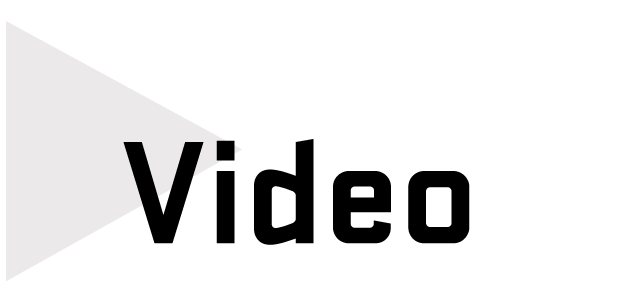Self-management approach and occupied factory movement: the Ri-Maflow case and the third Euro- Mediterranean Meeting of Workers’ Economy. The self-management movement raises three vital questions: What do we produce? How do we produce? For whom do we produce?

In post-2001 Argentina, while an entire country fluctuated dangerously on the brink of collapse due to years of neoliberal economic policies imposed by the Washington Consensus through the president Carlos Menem, examples of factories and companies recovered and self-managed by workers have multiplied. Cases that have become emblematic, such as those of Zanon or Chilavert, actually refer to a much wider phenomenon, which has seen several plants and production units, brought to bankruptcy by unscrupulous managers, reborn. It happened, albeit amidst a thousand difficulties, saving jobs and demonstrating, at the same time, that it is possible to produce even without masters.
A process made famous by The Take, the fine documentary directed in 2004 by Naomi Klein and Avi Lewis, which in the Europe of crisis and austerity is a source of inspiration for similar struggles and experiments multiplied in recent years in France, Greece and other countries. Among these, today we can also include Italy thanks to the examples of Ri-Maflow in Milan and Officine Zero in Rome.
Recovered companies
A company recovered by the workers is a company managed collectively by the workers. At the same time, however, this expression is used to refer to a process, rather than a state of affairs, a process that is in many cases still in progress. A company that is self-managed by its workers generally derives from a previous company that was a capitalist company of which those workers were employees. By the way, the group of workers does not necessarily remain the same during this transformation. Many recovered companies are employed, but not all are necessarily employed. Most of them, moreover, are transformed into workers’ cooperatives but, even here, we are not talking about a rule that does not allow exceptions, since there are companies that have not been turned into cooperatives.

Ri-Maflow’s workers have been among the promoters of the national network Fuori Mercato (Outside the Market), uniting food producers who resist to both the productivist drive and the exploitation of migrant workers that characterises contemporary agriculture in Italy and elsewhere in Europe.
In reality, the issue of ownership does not pass through the cooperative form. The cooperative is a legal form that is adopted to allow the company to be an entity that has its own legal status vis-à-vis the State. The problem of ownership, however, arises from the fact that most of the companies recovered by the workers were previously bankrupt companies but owned by some capitalists, so there are legal proceedings in progress to determine whose is the property that, in fact, is subject to dispute.
The workers’ cooperative has often not yet appropriated the property, because it is usually the subject of a legal battle and there is an ongoing mobilization for expropriation, or a campaign of pressure for the authority to expropriate the company for reasons of public utility and give it to the workers themselves. But this is a process that, in most cases, is long and still ongoing, so the ownership of the recovered companies is often in a situation of legal ambiguity: the workers often have control of the company, they use it, but they are not officially the owners.
The issue of ownership is separate from that of the relationship between the cooperative and the market. It is true that if the cooperative owns the property, it also has access to credit lines that it does not otherwise have; on the other hand, if the cooperative does not own the property, it is in a state of permanent legal precariousness. But the problem of the relationship between the cooperative and the market is another problem.
Euro- Mediterranean Meeting of Workers’ Economy
Recently, in Milan, these issues have been discussed in three days of intense debate and comparison between different European and international visions of the “occupied and recovered factories”: The Third Euro- Mediterranean Meeting of Workers’ Economy, hosted by Ri-Maflow, April 12-14, 2019.

The meeting in Milan focused on the recovery of production means and their management by workers. Representatives of the main Euro-Mediterranean experiences’ cases with a particular attention to those in the rural world and to the solidarity and alternative economy networks were invited.
The meeting in Milan focused on the recovery of production means and their management by workers. Representatives of the main Euro-Mediterranean experiences’ cases with a particular attention to those in the rural world and to the solidarity and alternative economy networks were invited. The meeting saw also the presence of researchers and members of social and political organisations, collectives and trade unions who recognise the workers’ control on society and self-management as top political imperatives.
The international organising group was composed by:
– Argentina: Programa Facultad Abierta – UBA;
– Bosnia: Workers’ University – Dita;
– Croazia: Organisation for Workers’ Initiative & Democratization;
– France: Association pour l’Autogestion, Union Syndicale Solidaires, Fédération Sud Éducation;
– Greece: Vio.Me Workers Coop & Solidarity Initiative, Network of Athens Work Collectives;
– Italy: Ri-Maflow, Officine Zero, Fuorimercato, Slail-Cobas Camilla-emporio autogestito;
– Spain: Solidaridad Obrera, CGT, ICEA/ Economía Crítica, SOC/SAT Andalusia.
Ri-Maflow has been inquired as a good practice in the Europrean project “Commonfare.net”, precisely because of the important role it played in the Italian self-management movement. In 2012 the factory Maflow was transformed into Ri-Maflow. It was first occupied and then recovered by workers willing to launch a new productive endeavor, opening it to collaboration with the local population. In their fight to set up an alternative both at the local and global levels, Ri-Maflow’s workers have been among the promoters of the national network Fuori Mercato (Outside the Market), uniting food producers who resist to both the productivist drive and the exploitation of migrant workers that characterises contemporary agriculture in Italy and elsewhere in Europe.
Ri-Maflow and Fuori Mercato represent laboratories to experiment new forms of resistance based on solidarity and mutualism, new social relations and forms of cooperation between urban and rural workers and new collective initiatives to meet people’s social and ecological needs. Building on these experiences, the Third International Meeting of Workers’ Economy has been the occasion for its further opening to the rural world and to agro-ecology.

From Argentina to Brazil, from Italy to Greece, notwithstanding the social and cultural differences of their promoters, recovered factories and worker collectives represent acts of resistance to the de-valorisation of the workforce and the dismantling of productive structures as well as a response to unemployment and marginalisation.
Three vital questions
From Argentina to Brazil, from Italy to Greece, notwithstanding the social and cultural differences of their promoters, recovered factories and worker collectives represent acts of resistance to the de-valorisation of the workforce and the dismantling of productive structures as well as a response to unemployment and marginalisation. At the same time, they establish a different economy, alternative to the capitalist model of production: a workers’ economy, based on self-management, aimed at defending the interests of those who earn their living off their own labour.
These experiences entail recovered factories, self-managed farms, some specific forms of cooperatives, and of cooperative economy as well as workers’ struggles for the self-organisation of work and the self-management of the economy. This movement unequivocally raises three vital questions: what do we produce? How do we produce? And for whom do we produce? Through the establishment of horizontal processes, the whole society can get proactively involved in the production and distribution of wealth. Thus, direct democracy, workers’ control, societal control and self-management stop being abstract concepts. Rather, they become vital tools to regain people’s dignity, preserve their means of life, create new and alternative economic and social relations.
At the end of the meeting, Ri-Maflow entered in possession of its new location: about 800 square meters belonging to the old Maflow headquarters. It is an area owned by the old enterprise before its relocation to Poland that now, thanks to an Ethical Bank loan, it can be managed directly by the workers, in a perfectly legal frame. Hence, Ri-Maflow has secured itself to carry on as an inspiring space of hope.
